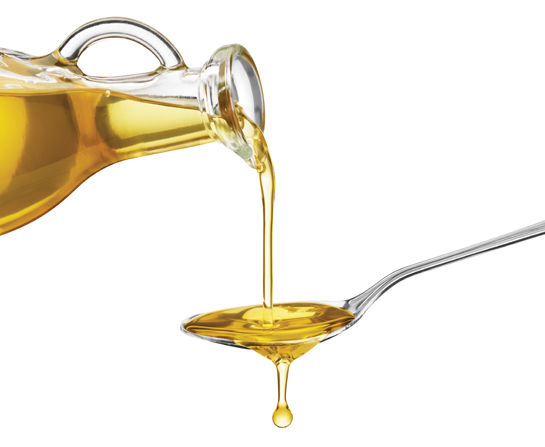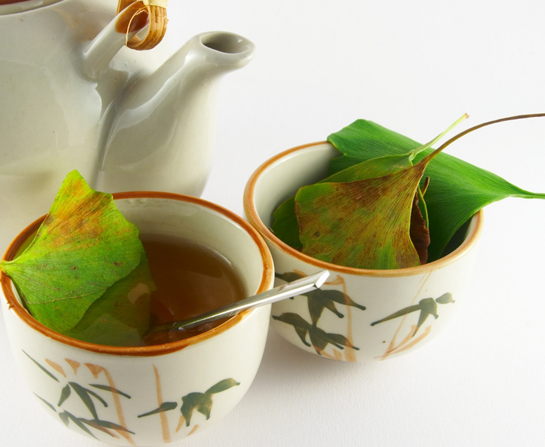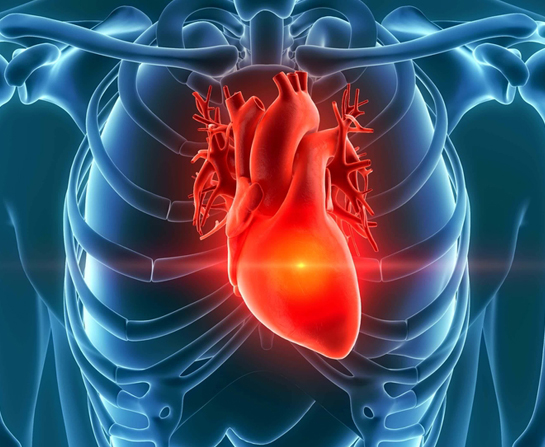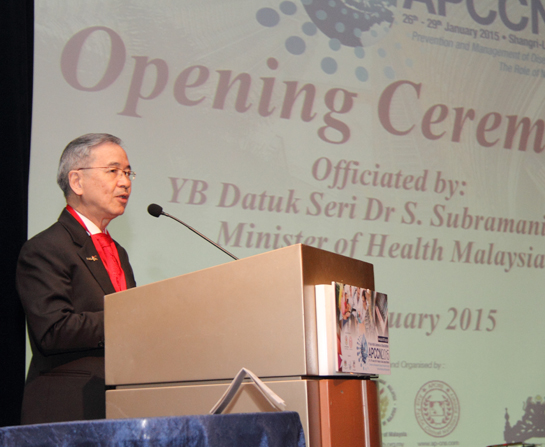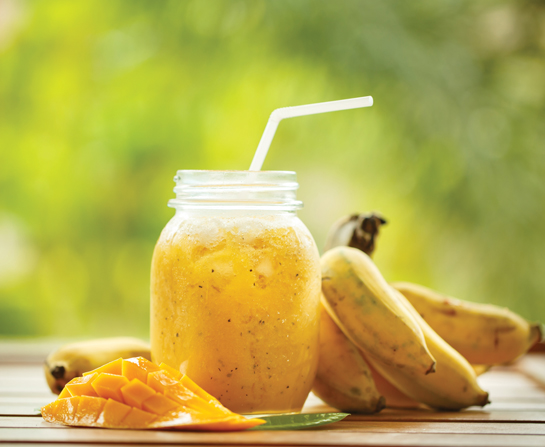A Tête-à-tête with Dr Tee
May 1, 2022 Return
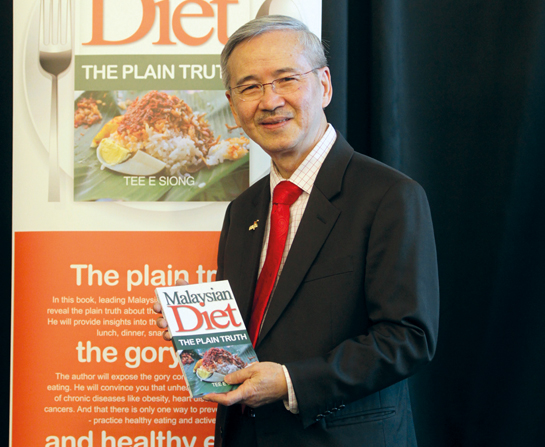
Dr Tee E Siong may not be a household name in Malaysia, but to those on the local nutrition scene, he is well-known for his passionate advocacy of better eating habits. He was a founding member of the Nutrition Society of Malaysia (NSM) and has served as its President for the last 19 years. He was also involved in several key initiatives of the Ministry of Health Malaysia to improve the nutritional status of Malaysians. Furthermore, several newspapers seek his views on various current nutrition issues in the country. He is a regular contributor to major newspapers such as The Star.
June 9th, 2015 marked another milestone in Dr Tee’s long list of distinguished accomplishments – the day saw the official launch of his first published book, Malaysian Diet: the Plain Truth. On that special occasion, we sat down with Dr Tee for a little chat on his life, his book, and, of course, his thoughts on the food Malaysians love to eat.
HT: Dr Tee, congratulations on your book! It has been a long time coming, hasn’t it?
TES: I am truly pleased that I have managed to complete the book. It is something I have wanted to do for some years, but I never got around to doing it until two years ago. I am glad that it is finally out! I must thank UM Press for this opportunity to collaborate in publishing this book, and realizing my plan!
HT: What is this book about?
TES: As the title suggests, it’s about our diet, the Malaysian diet. We always hear that our favourite food, such as nasi lemak and roti canai, are unhealthy, but this is not necessarily true. It does not mean that we should stop eating them altogether. My book shares with readers on how we can eat our favourite food and remain healthy.
All it takes is some adjustments to our dietary habits. For example, by preparing healthier versions of our favourite dish (which is sometimes as easy as cutting down on the amount of oil, salt or sugar used as well as adding more vegetables) and watching the portion size, delicious Malaysian dishes such as nasi lemak need not be considered “guilty” (or even dangerous!) pleasures.
My book also contains science-based advice as well as common sense for Malaysians wishing to adopt a generally healthier approach to food. Readers looking for honest, unbiased information on phytonutrients, for example, or dietary tips to improve their health can find such information and more in my book.
HT: What inspired you to write the book?
TES: It is the years of working in public health, mostly through the NSM that inspired me to write this book. It is like putting together my thoughts and experiences over the past 3 decades into a book. It is also due to recognizing that the prevalence of nutritional problems is still high, I feel that more reading materials for the public on this matter is needed. I want to reach out to the people. I believe that we must continue to empower the people with the right knowledge, while making the environment more health friendly.
I often ask myself: after decades of promoting healthy eating and active living amongst the population, why is the prevalence of non-communicable diseases (such as diabetes and heart diseases) not declining? Are the health authorities and NSM wasting their time doing these activities? Are we not getting to the people with our messages?
I would like to believe that all the information disseminated over the years have contributed towards increasing the awareness of the people on the importance of healthy lifestyle to prevent nutritional problems. However, in many cases, the knowledge gained has not been translated into behaviour change and positive actions. There are also people who are aware, but do not see the urgency in changing their lifestyle practices.
What it all means is we need to work further in reaching out to the people. We need to use strategies and approaches that appeal to the public. We have more work to do.
This is where I feel my book can make a contribution. There are indeed numerous nutrition books in bookshops, but mostly by foreign experts, foreign writers. I want to give people a book, written in an easy enough language (and yet maintaining a professional approach), in a language and style that will appeal to the local public. It is based on the local scenario that people can relate to. The book does not promise magic bullets; neither does it prohibit people from enjoying eating. Instead, it encourages them to eat in a wise manner; to be disciplined.
HT: Your book advocates heavily for the “always reliable” method of balanced meals and regular exercise to maintain weight and health, unlike other books which may emphasize singly on special diets, weight loss supplements, and other methods. In your opinion, what are the advantages of balanced meals and regular exercises compared to those methods?
TES: Very simple. My approach is based on what mainstream nutrition science believes is the way. It is based on science. It is not so “fashionable”, not so exciting, but it is evidence-based approaches adopted by government authorities the world over and the international health organisations.
Other methods may promise quick or “magic bullet” solutions, but to date, there is nothing as sustainable and effective as the “old-fashioned” way. My book shows you how this can be achieved in a way that allows you to still enjoy your favourite food.
HT: How would you respond to people who claim that your advice – watch what you eat, exercise regularly – is too “hard” to follow because they are too busy?
TES: My advice is actually not hard to follow. It’s a matter of being disciplined. I think what is required, firstly, is for the individual to have the belief that healthy eating and active living are key to a healthy life.
Everyone wants to be healthy to enjoy the wealth he has accumulated. But not everyone believes in the importance of healthy eating and active living. Some people take it for granted that they will be healthy; there is no need to do anything. Some people take on a healthy lifestyle only when there are signs of ill health such as chest pain, sugar in urine, etc.
Hence, we must first convince the individual that healthy eating and active living are very important. Once that is done, it becomes not hard to practise this lifestyle. These practices become ingrained in the lifestyle. One just hates salty foods, sugary drinks and fatty foods. One feels uncomfortable not exercising or being physically active.
Healthy eating doesn’t mean one has to give up all the “goodies” of Malaysian cuisine. I concluded in my book that it is possible to adopt a healthier makan culture and yet enjoy the goodness of Malaysian cuisines. We just need to be conscious of what we eat, and be clever about how we eat. I am not asking everyone to calculate every calorie and every gram of fat in their meals. It is not necessary to do that. What one needs are only some simple knowledge of the nutrient content of the foods and some simple adjustments to the daily meals.
HT: Very nicely put, Dr Tee. Let’s get back to your book. Please share with us the journey to publication. How did you conduct your research, and who supported you along the way?
TES: It has taken me quite a while to finish the writing of this book! My schedule is still rather tight, being involved in numerous activities, besides NSM projects.
Fortunately, there is no real need to do a lot of “research”. The book is sort-of an accumulation of thoughts and experiences I have had for 3 decades. I do include some data on health statistics, but these are not difficult to come by, with my involvement in current activities.
My daughter, Tee Shiao Eek helped me to write the chapters. She is an experienced journalist who has been writing on health matters for many years. She has helped me put some of the scientific facts in a more reader-friendly format.
HT: The book is in English. Do you have plans to translate it into other languages?
TES: I am in discussion with UM Press (the publisher) on translating the book into Bahasa Malaysia. We want to see how the English copy is being received before we do that.
Malaysian Diet: The Plain Truth by Dr Tee E Siong is available at RM26 in all major bookstores. You can also order a copy fromwww.umpress.com.my.
If you like this article, do subscribe here.


